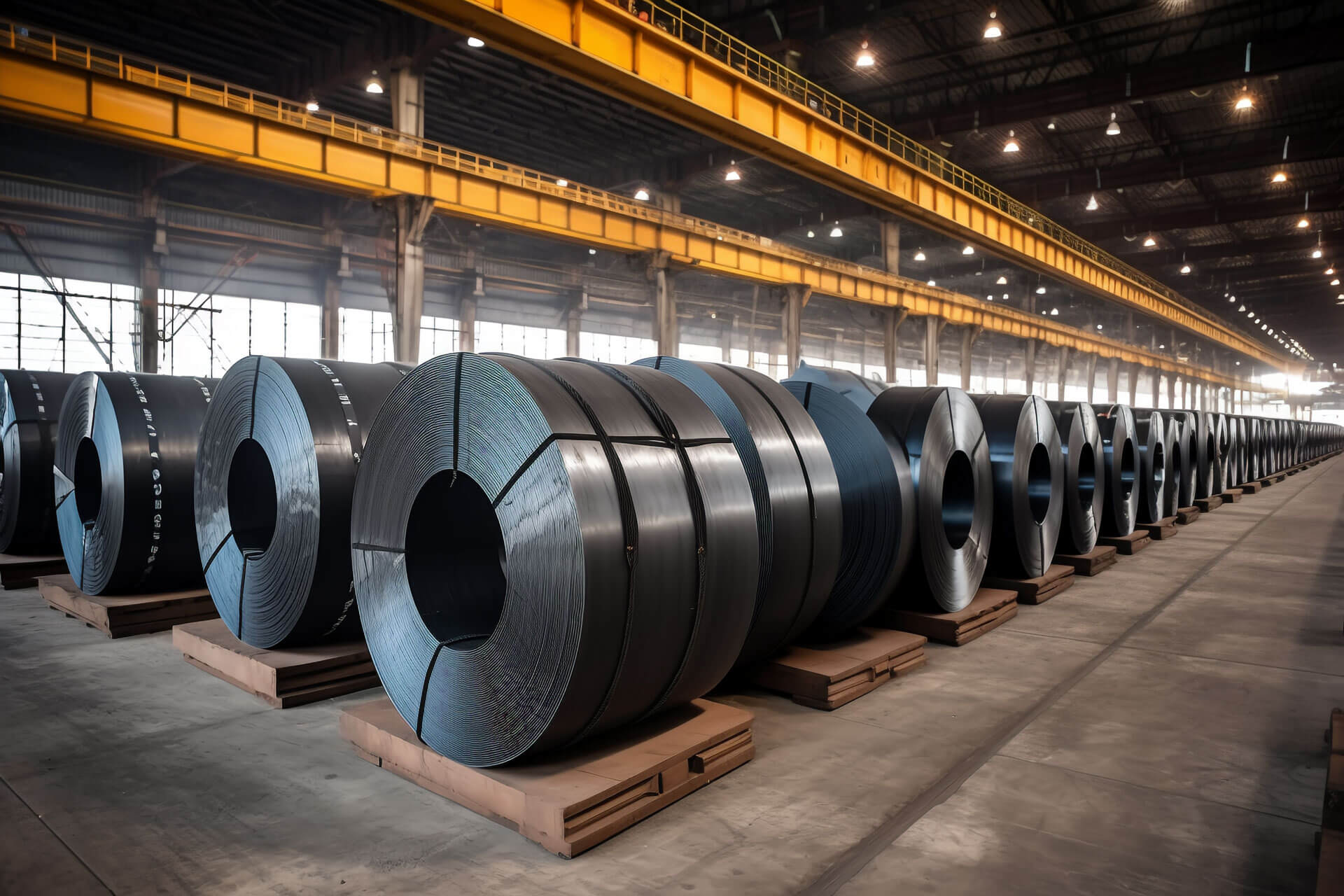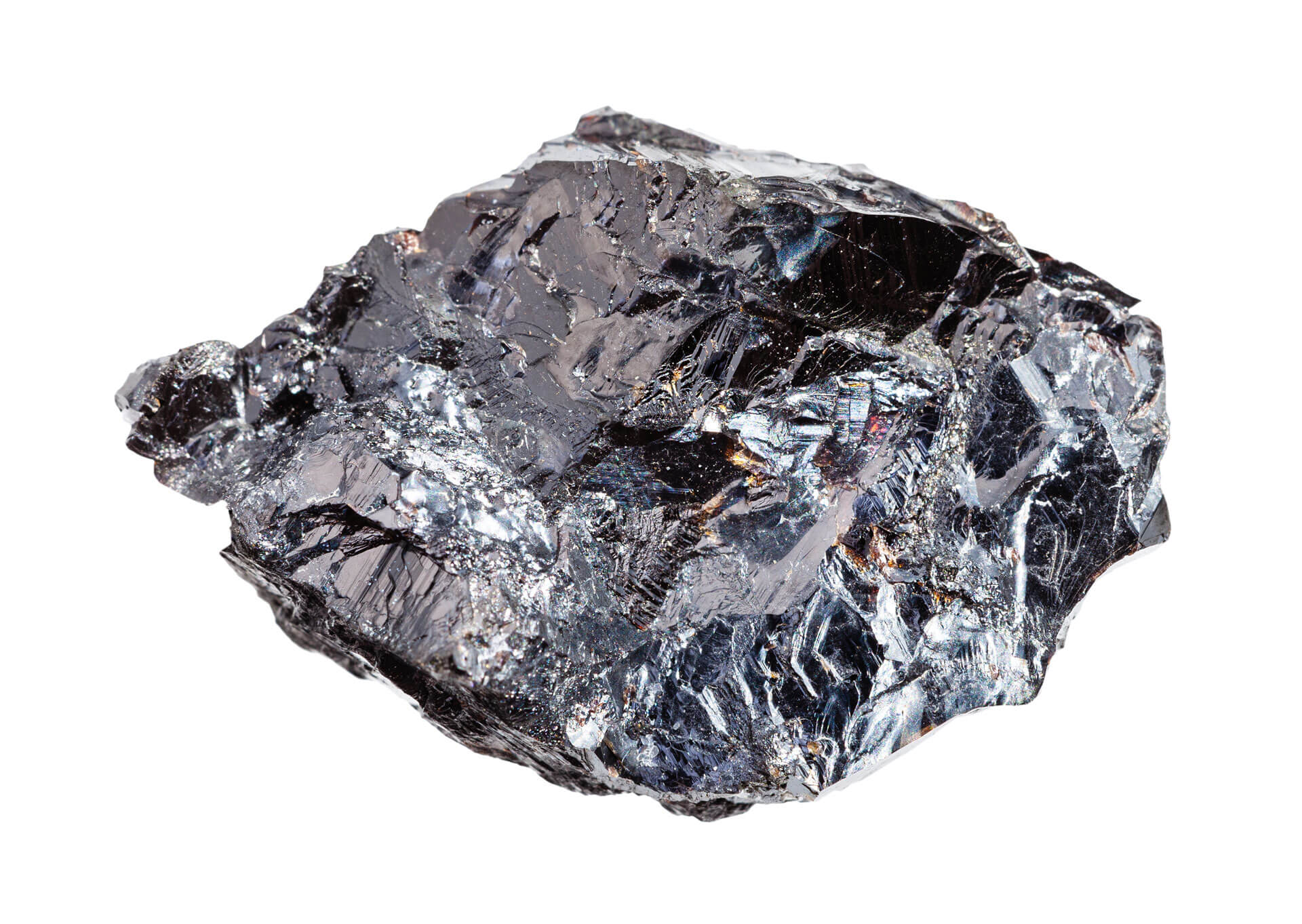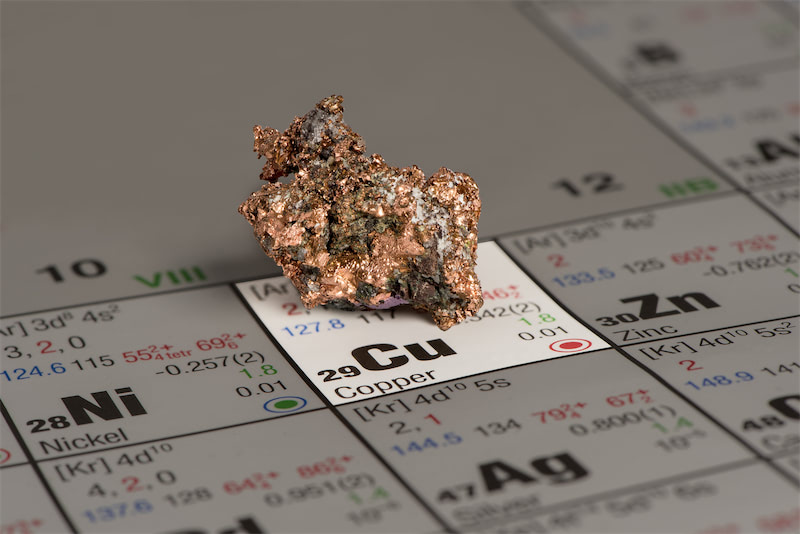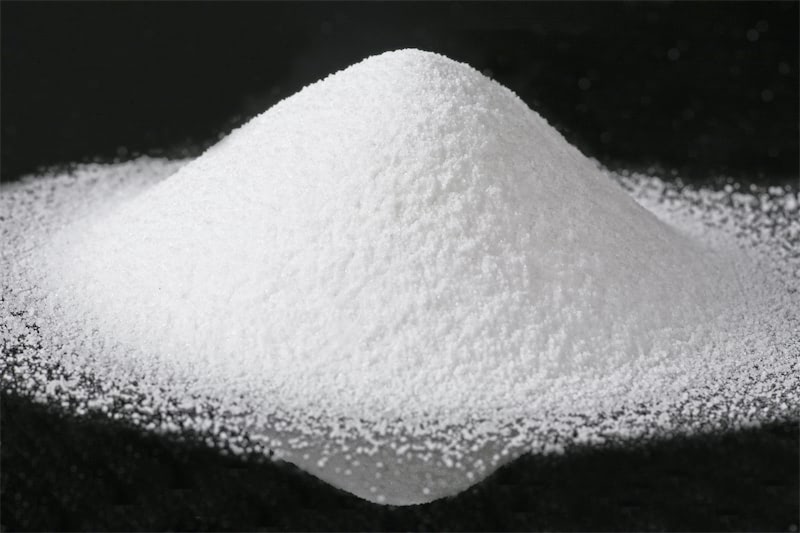According to SMM data, during the week of November 25–29, raw material inventory of die-casting zinc alloy enterprises dropped to a yearly low, hitting bottom at 7,145 mt, down 28.97% YoY. What caused the raw material inventory of die-casting enterprises to reach such a low level? The following analysis will explore this from the perspectives of zinc prices, spot market conditions, enterprise plans, and future expectations.
From the perspective of zinc prices, since mid-November, zinc prices surged to a yearly high, breaking through 26,300 yuan/mt. These elevated zinc prices have, to some extent, suppressed downstream enterprises' purchasing enthusiasm, leading many enterprises to restock only based on actual production needs, naturally reducing inventory levels. High prices have made enterprises more cautious in their market outlook, forcing them to reduce raw material purchases. Many enterprises primarily consumed finished products made from previously purchased low-cost inventory, causing raw material inventory to decline further.
Meanwhile, from the perspective of domestic zinc ingot inventory, since mid-November, domestic zinc ingot inventory across seven regions has also continued to decline, dropping from 127,400 mt on November 14 to 104,200 mt on November 28, with this downward trend still ongoing. The relatively small amount of domestic spot zinc has contributed to the decline in enterprises' raw material inventory.
From the perspective of enterprise inventory plans and future expectations, some enterprises, due to transformation plans, have continuously reduced production and inventory levels. At the same time, many enterprises hold a cautious attitude toward subsequent orders, believing that the likelihood of downstream demand improving under high-price conditions is relatively small, and thus are unwilling to overstock. A small number of enterprises are bearish on future zinc prices, believing there is still downside room for zinc prices. These enterprises primarily focus on maintaining raw material levels sufficient for daily production, avoiding excessive purchases of high-priced raw materials.
From the current situation, fundamentals side, spot supply remains tight, while downstream consumption is relatively affected by high prices. Zinc prices are expected to maintain a fluctuating trend at relatively high levels, which will have a certain impact on enterprises' raw material restocking and downstream demand. The raw material inventory of die-casting zinc alloy enterprises may continue to fluctuate along with zinc prices in the future.



